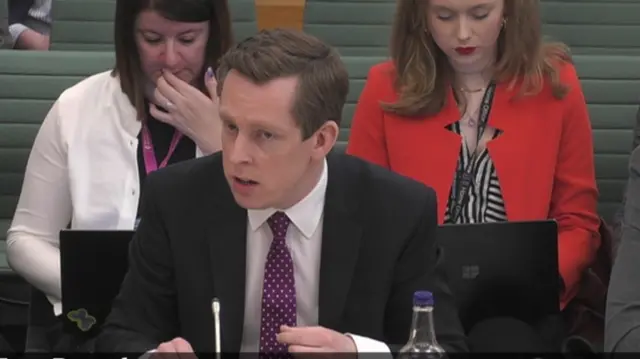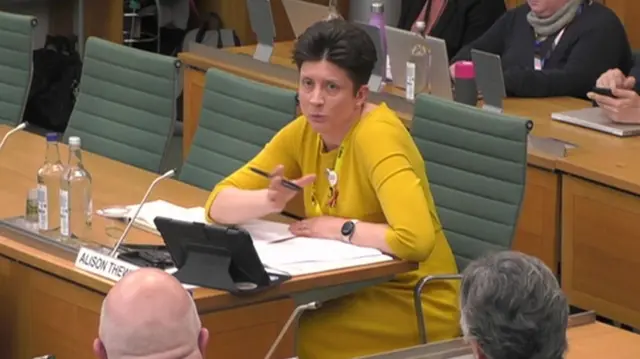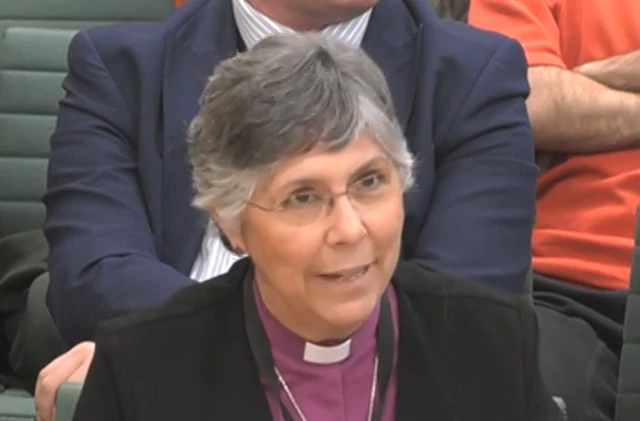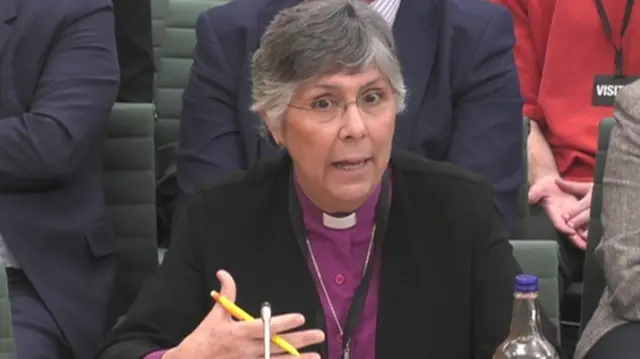Thank you and goodbyepublished at 13:45 GMT 12 March 2024
We are ending our coverage of the home affairs committee hearing on the role Christianity plays in UK asylum applications.
The live page team was: Barbara Tasch, Krystyna Gajda, Lipika Pelham, Ece Goksedef, Sara Monetta, Ali Abbas Ahmadi, Sophie Abdulla and Paul Gribben.



